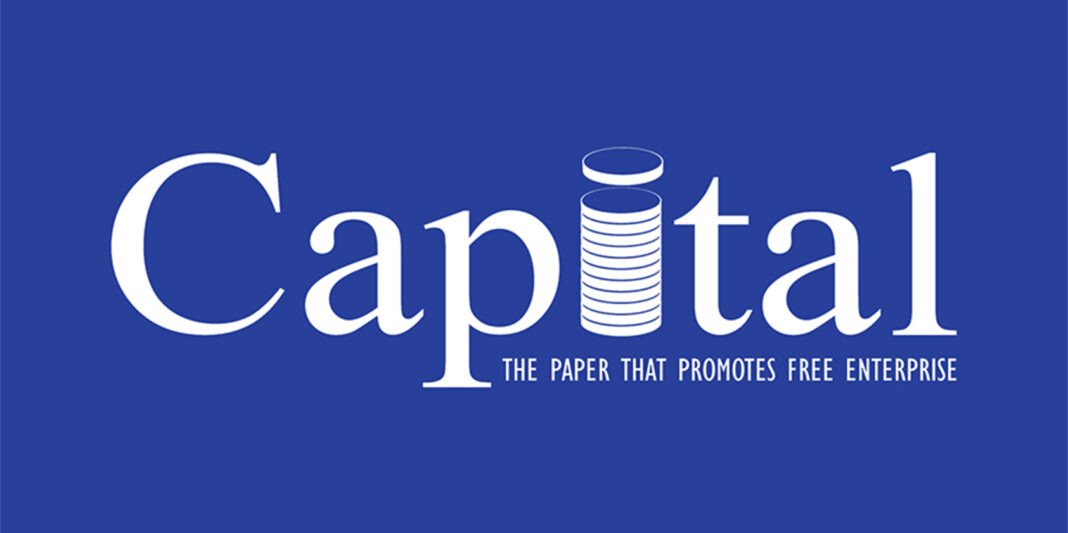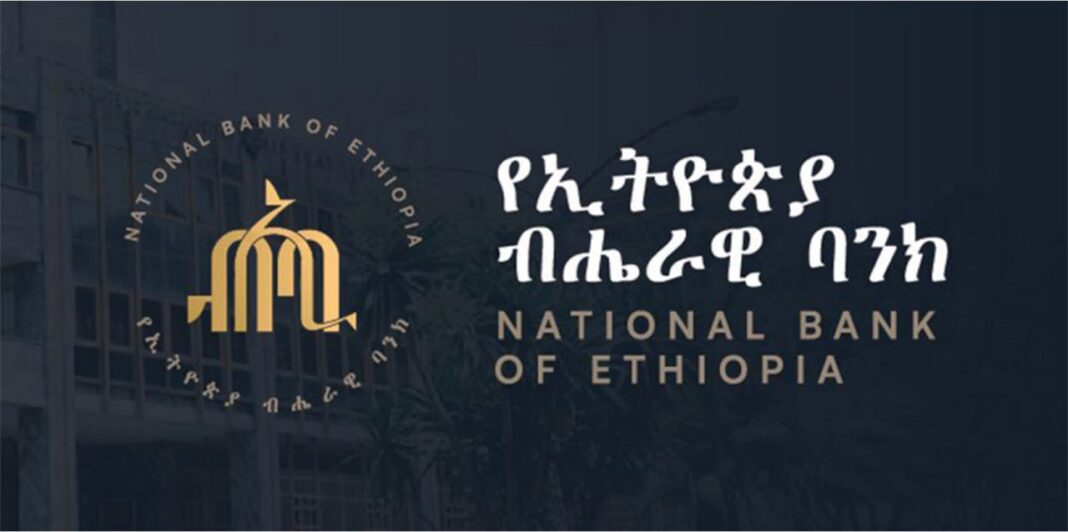Quid pro quo—Latin word is “something for something”—It is a neutral concept at its core. In business, law, and everyday life, it simply refers to an exchange where ‘’ I give you something, and you give me something in return’’ transaction is processed.
There is nothing inherently wrong in giving or receiving something in exchange for something else, but in legal contexts quid pro quo often refers to something that is in fact illegal. But in legal or ethical contexts, the term takes on a more sinister tone.
So while the phrase itself isn’t inherently negative, the context in which it’s used often reveals whether it’s just normal transaction or troublingly transaction. In corruption cases, if a public official offers a favour or service or benefit in exchange for personal gain (like a bribe), that’s a quid pro quo transaction processed in the illegality play field.
If somebody uses normal government service line being official employee in government structure or other institution to gain undue benefit be it in terms of money or other exchange twisting the purpose of the service to personal advantage leveraging his/her position that rightly score point in the basket of Quid pro quo triangle.
The Quid pro quo version are many in different area. In workplace harassment like pushing someone in illicit manner to do undue things by offering a job benefit (like a promotion) in exchange for sexual or other favours, that’s Quid pro quo not just unethical but it’s illegal.
If someone abuses one’s normal duty power in the form of give and take exchange for personal advantage Quid pro quo is in illegal line. Any arrangement where transactions are switched explicitly or implicitly with the intention of driving undue benefit on the line, singly or in a group is a Quid pro quo that cross legal territory especially if it involves corruption, bribery or exploitation.
Besides, extortion or forcing someone to provide benefits under threat or coercion is also a kind of Quid pro quo on involving negative impact. Similarly, public corruption is one form of such act where a government official engages with undue exchange violating normal laws for personal gain. There is also workplace harassment which can be regarded as typical quid pro quo scenario where such exchange is underscore employment, demanding sexual favours or other benefits in exchange for promotions/job security etc. against the labour law.
Quid pro quo itself is a neutral concept as stated earlier (meaning “this for that”), but it becomes unlawful when the exchange includes sleaze, pressure, or manipulation, violating laws or ethical limits. It certainly is a criminal offence if it is done against the law where civil lawsuit shall be run in the court room which may lead to penalties like fines or imprisonment. By and large, the line between legal and illegal quid pro quo conditions depends on the nature of the exchange and whether it violates specific laws or ethical standards.
Whether legal or illegal, quid pro quo requires mutual involvement in transaction. The playfield takes two to tango. But both parties may or may not play equally to score a balanced point in the game. They both may or may not come equally complicit or legally liable. But most often they are not found not at equality. The legal verdict after due process depends whether both parties knowingly or unknowingly break the law or if the exchange crosses into illicit territory or if the law find one accountable beyond reasonable doubt. Come what may, the party found on the wrong side shall be held accountable.
Though there is no such thing as inherently wrong in quid pro quo arrangements, quite often there is imbalance or asymmetry paradox between the parties that share the deal. Its application often becomes problematic when one party holds disproportionate leverage in the operation. The harasser on the one hand may drive undue benefit over the victim on the other hand. This undermines the “voluntary” nature of the exchange.
Besides, even if the victim “consents”, the asymmetry tips a complex and tense legal landscape. The imbalance in power dynamic render the agreement illusory which paint the platform legally grey colour. It’s obvious that the stronger party faces minimal risk, while the weaker party bears disproportionate consequences
When complaints on such case comes to the legal play field, the atmosphere in the courtyard, fuels grievances. Sometimes, the courtroom becomes not just a venue for justice, but a battleground for credibility, dignity, and often, trauma. Some critics argue, if due and fair chance is not given to both litigants at proper legal platform, the aftermath of court verdict will leave lasting scars, not just legally but socially and psychologically. Further, if either party—especially the victim—feels unheard, or that procedural fairness was compromised, it creates havoc. Sometimes what matter most is how justice is administered than just the outcome.
If it is proofed that one drives or demands undue favour or benefit leveraging the power imbalance, the harasser is guilty while the victim is not complicit. The law often places accountability squarely on the guilty shoulder irrespective of whatever bold asymmetry that exist between the plaintiffs in a fair legal platform. Often the blackmailer shall be guilty while the victim is not. Every time the one who violates civil and sometimes criminal statutes will be penalized while the one with undue pressure shall not be free.
In fair trial, many legal systems strive to uphold verdict that rely on due process outcome. For many it is acceptable to be legally declared guilty or otherwise in due process. Reasonable systems of justice aren’t just about analysing law—they’re about protecting human dignity and trust in fairness, even amidst messy realities. In criminal proceedings, it typically requires an investigation, and a beyond reasonable doubt evidence to hold someone accountable for alleged charge.
Those who exploit power imbalances to extract undue favours or benefits (e.g., through coercion, blackmail, or harassment) are held accountable, while victims of such misconduct are not deemed complicit.
Due process is the bedrock of fairness, ensuring that no one is punished arbitrarily or without a legitimate opportunity to defend themselves. This protect against wrongful convictions and safeguard the presumption of innocence until proven guilty. But, quid pro quo often is done with asymmetrical power play. Come what may, due legal process will avoid the tension between due process vs. power asymmetry paradox with quid pro quo.
This gives fair justice with the principle of presumption of innocence until proven guilty, with due consideration for burden of proof on accusers, and providing right to mount a defence with all justifiable information to the case at hand. This will help the truth to prevail over speculation at all condition. These values echo across all legal process be it in quid pro quo or otherwise.
Thank you so much for reading this little peace






